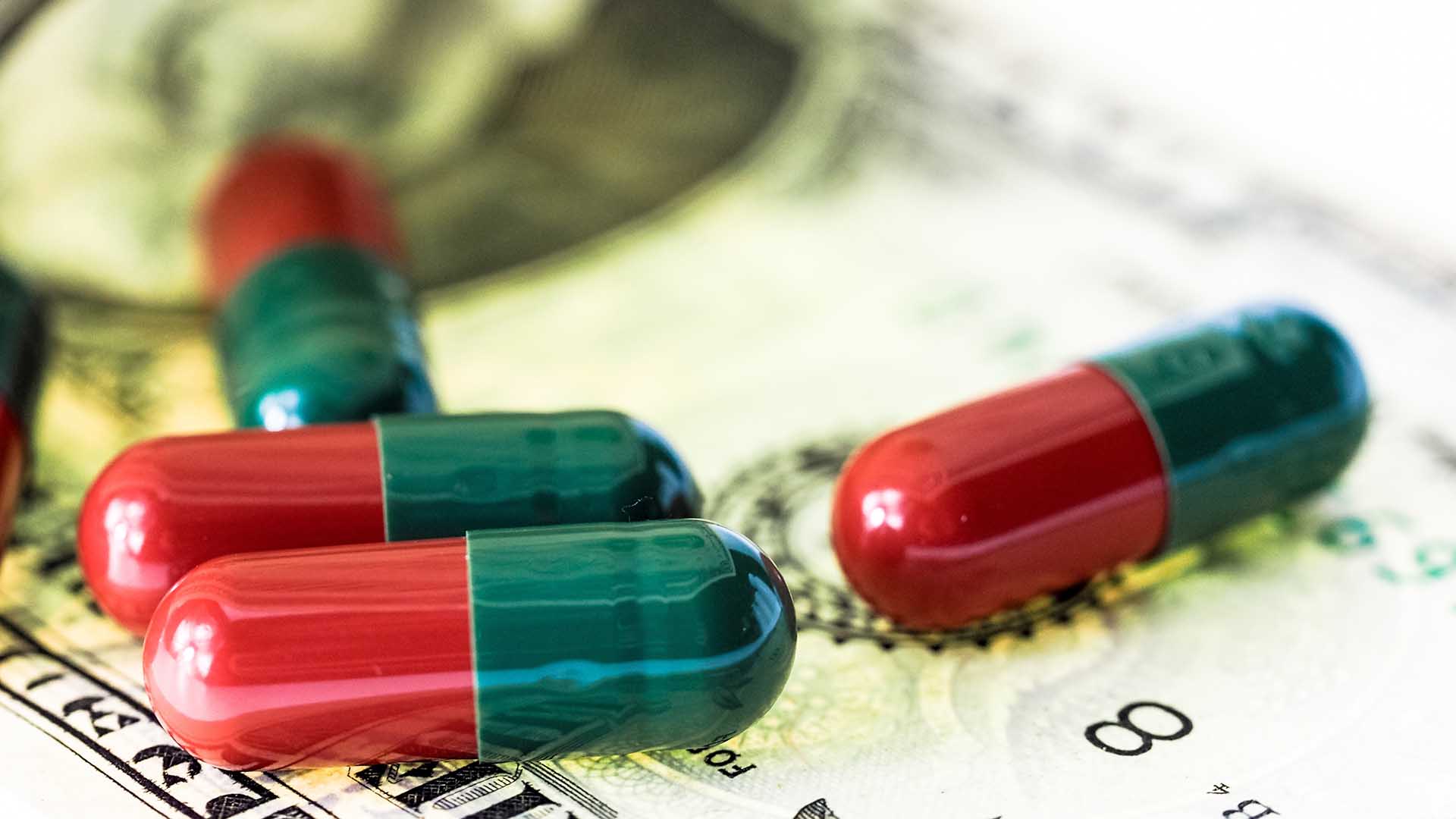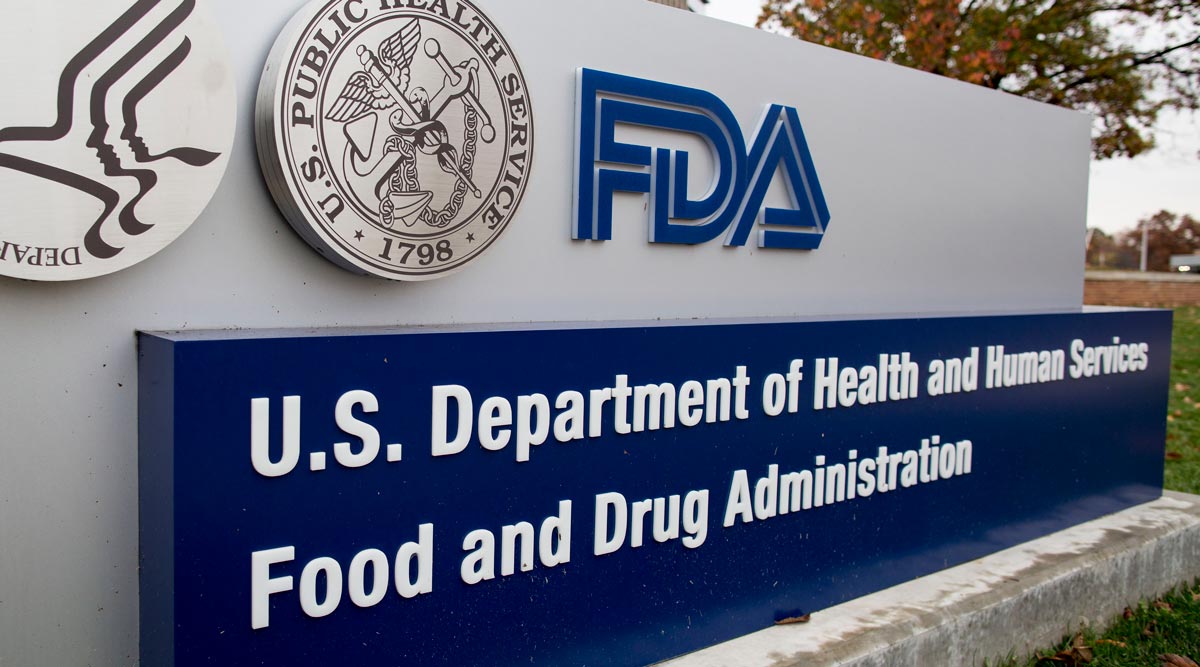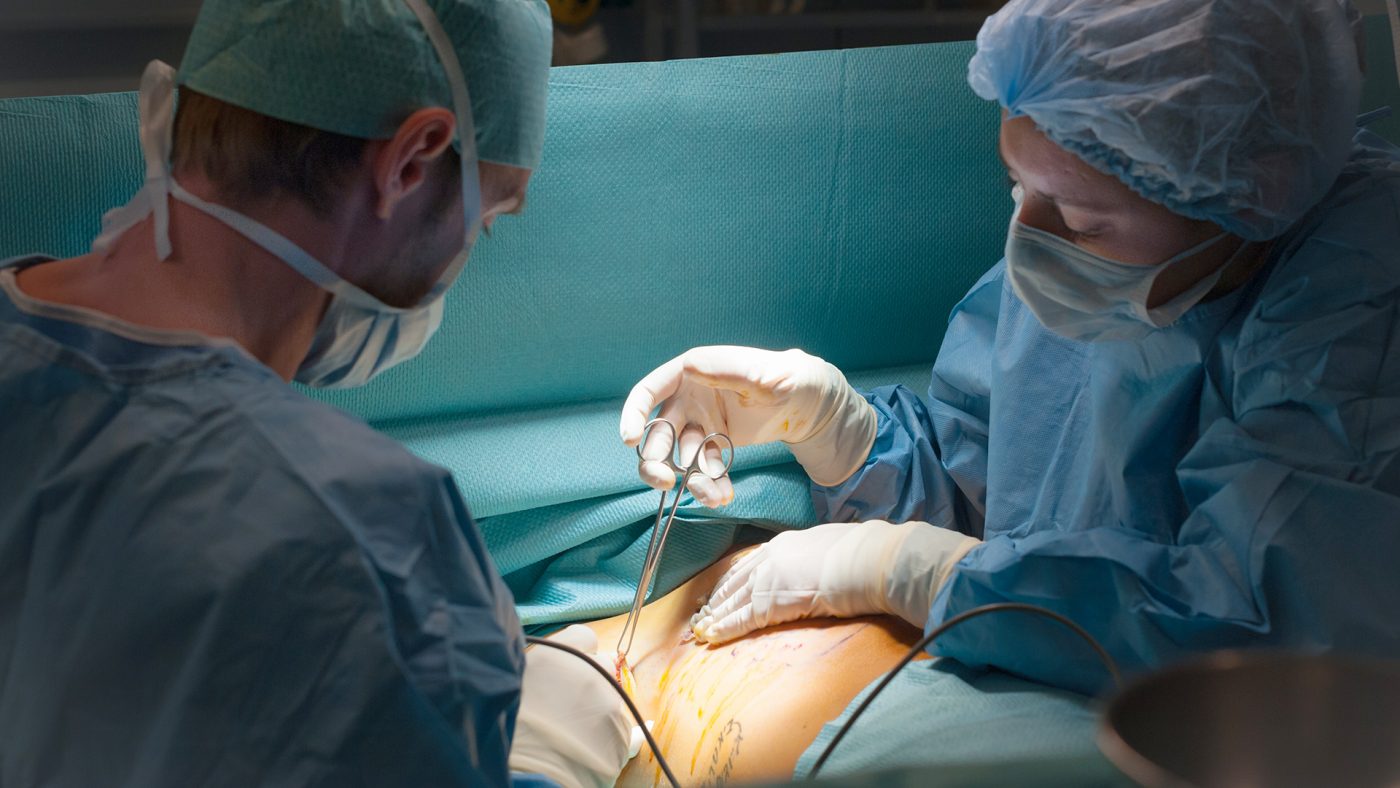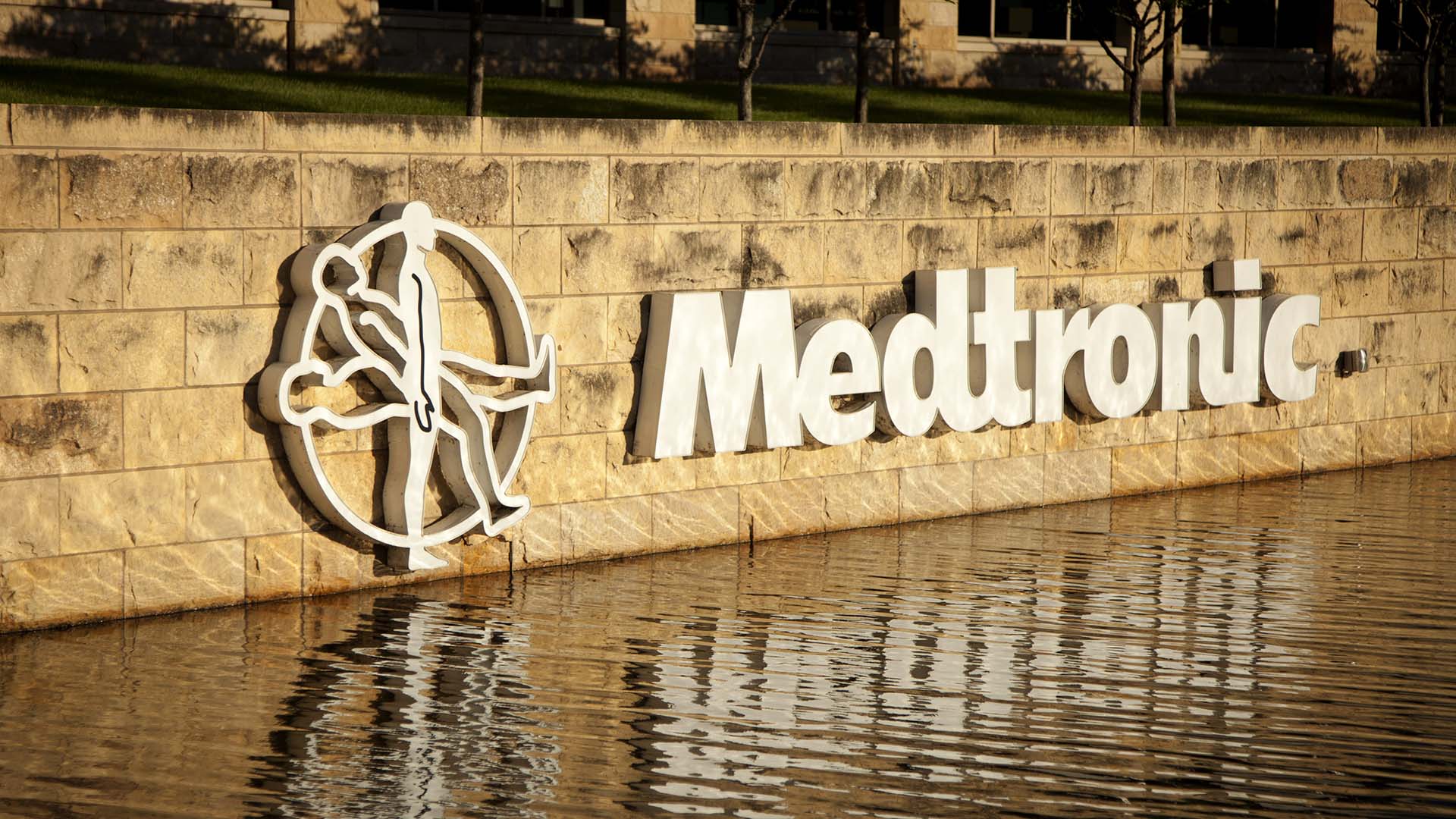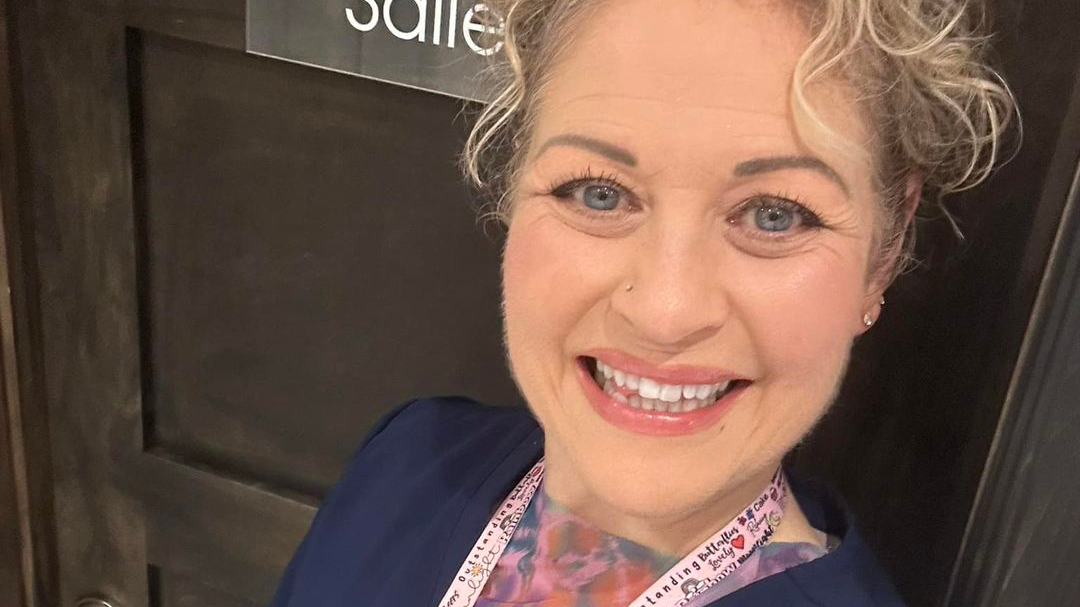Salix Pharmaceuticals knew exactly what kind of doctors it wanted to woo.
Gastroenterologists, treating patients suffering from irritable bowel syndrome — a malady that afflicts up to 45 million people in the United States alone — needed to be convinced to prescribe Salix’s anti-diarrhea drug, Xifaxan, Salix determined, according to a U.S. government lawsuit the company later settled. One inconvenient wrinkle: the drug hadn’t actually been approved for such use.
No matter. The company’s marketing arm sprang into action, following an industry playbook that the inspector general for the U.S. Department of Health and Human Services is now warning against in a rare “fraud alert.”
For six years, federal authorities say, Salix rewarded “high-prescribing” Xifaxan doctors with fancy dinners, handsome speaking fees and getaways to luxury hotels. Physicians also collected checks for touting the off-label benefits of the drug to their peers. One former Salix marketer later said her superiors described the purpose of certain speaker programs as “taking care of” cooperative physicians.
Some of the tactics that Salix used to promote its drug, such as paying doctors to be “on call” to discuss the drug at events they didn’t actually speak at, and promotions aimed at increasing off-label use, were aggressive even by the standards of the industry.
But finding ways to reward doctors who prescribe certain medical products— and enticing them to convince their peers to do the same — is what drug and device marketing teams do every day.
Arranging and sponsoring speaking events is at the heart of that effort. In the last three years, drug and device companies have spent $2 billion on “speaker-related services,” according to reports that companies must file with the U.S. government. Many doctors eagerly accept the perks, which range from modest speaking fees to talk up certain products, to flat-out junkets in lavish locales.
The fraud alert, issued last month, comes from the office within the Department of Health and Human Services charged with combating waste, fraud and abuse in the sprawling Medicaid and Medicare programs.
The inspector general’s office says it has “significant concerns” about speaker payments. Previous federal investigations have shown that the payments are often offered to “induce” the prescribing of specific drugs or devices paid for by federal healthcare programs, the alert says.
The alert comes as the COVID-19 pandemic has forced most in-person speaker events to a halt. Before companies get back to business as usual, they should “assess the need” for speaker events “given the risks associated with offering or paying related remuneration,” the alert says — risks that include violating the federal anti-kickback statute. That law, the alert notes, was created to protect patients from doctors influenced by inappropriate financial incentives.
“Parties involved in speaker programs may be subject to increased scrutiny,” the alert says.
Among more than a dozen “suspect characteristics” of interactions that might trigger enhanced scrutiny, according to the alert: instances when a company’s sales team selects speakers or attendees “based on past or expected revenue they may generate by prescribing the company’s products.”
Do dollars influence doctors?
In 2018, an investigation by the the International Consortium of Investigative Journalists into the medical device industry zeroed in on these financial enticements as the final link in a chain of influence-peddling that has too often resulted in flawed implantable products — from artificial knees to birth control implants — put into patient bodies with scant clinical evidence of safety or effectiveness.
For their part, device and drug companies have long maintained that they aren’t paying physicians to promote products. They are, instead, playing a key role in informing physicians about the latest medical product developments, companies say.
And doctors have long defended the large payments many receive as just compensation for advising on products, and for sharing what they know with colleagues at conferences. Patient care decisions, they maintain, are not influenced, a contention increasingly challenged by patient care advocates and independent research.
The most recent evidence to indicate that industry money does indeed influence medical decisions came in a recent study by a Yale University-led research team. The research found that cardiologists were between two and 11 times more likely to implant a defibrillator made by the device company that paid them the most.
In 2016, Salix, now part of Bausch Health Companies Inc., agreed to a $54 million settlement in which it admitted to offering unlawful enticements to doctors to prescribe its drugs. The settlement came a year after the U.S. Food and Drug Administration approved its drug Xifaxan for patients suffering from irritable bowel syndrome and diarrhea — one of the off-label treatments the company had been aggressively promoting.
In 2019, Salix reported paying about $6.3 million to physicians — of which about half is classified as speaker payments. Most of the rest went to paying for food and lodging. The company did not respond to a request for comment.
In legal actions, the U.S. government has primarily focused its fire on drug and device companies. While there is no indication that approach will change, the fraud alert does include an appeal to doctors to be careful, too.
“As a practicing physician, you may have opportunities to work as a consultant or promotional speaker for the drug or device industry. For every financial relationship offered to you, evaluate the link between the services you can provide and the compensation you will receive,” the HHS inspector general’s office says.
“Test the propriety of any proposed relationship by asking yourself the following questions: Does the company really need my particular expertise or input? Does the amount of money the company is offering seem fair, appropriate, and commercially reasonable for what it is asking me to do? Is it possible the company is paying me for my loyalty so that I will prescribe its drugs or use its devices?’”
